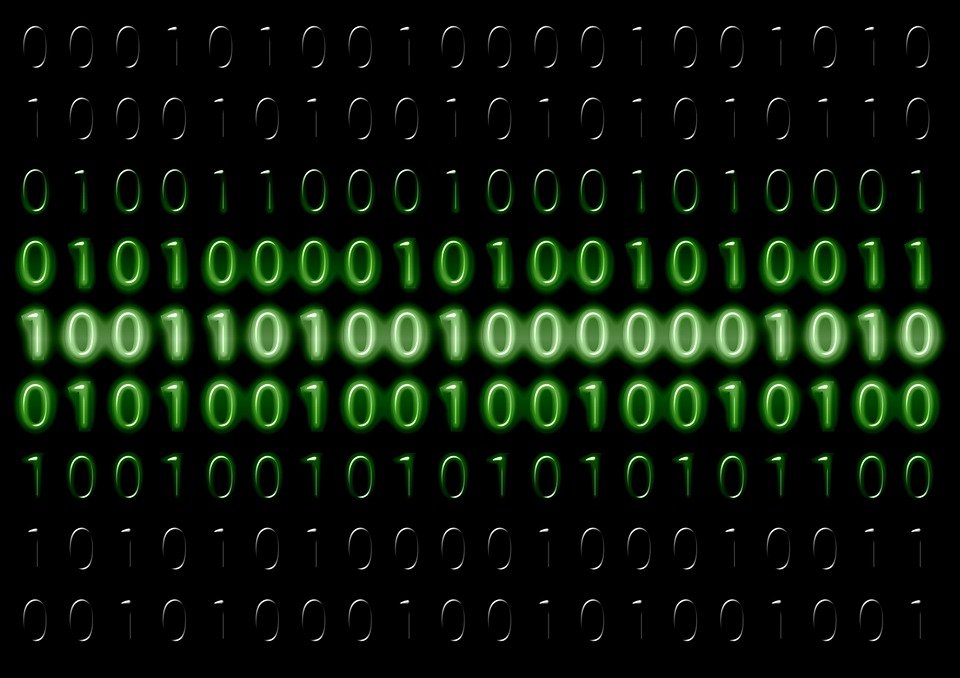
Lina Rahm first came to the Division as a Ragnar Holm postdoc in 2020. On Janyary 1 she started an assistant professorship with us, in the History of Media and Environment with specialization in Artificial Intelligence and Autonomous Systems, funded by the WASP-HS Wallenberg AI, Autonomous Systems and Software Program – Humanities and Society. Lina’s research focus is on sociotechnical and educational imaginaries with a span from the 1950s up until today.
Abstract
Based on empirical material from Swedish reformist labour movement associations, this article illustrates how digital technology has been described as a problem (and sometimes a solution) at different points in time. Most significant, for this article, is the role that non-formal adult education has played in solving these problems. Computer education has repeatedly been described as a measure not only to increase technical knowledge, but also to construe desirable (digital) citizens for the future. Problematisations of the digital have changed over time, and these discursive reconceptualisations can be described as existing on a spectrum between techno-utopian visions, where adaptation of the human is seen as a task for education, and techno-dystopian forecasts, where education is needed to mobilise democratic control over threatening machines. As such, the goal for education has been one of political control—either to adapt people to machines, or to adapt machines to people.



No comments yet. Be the first to comment!